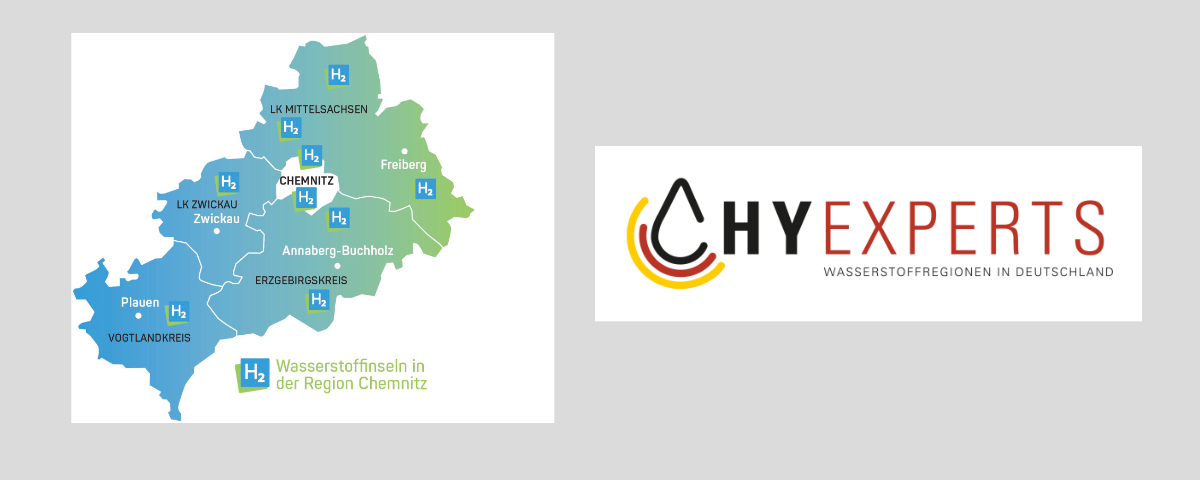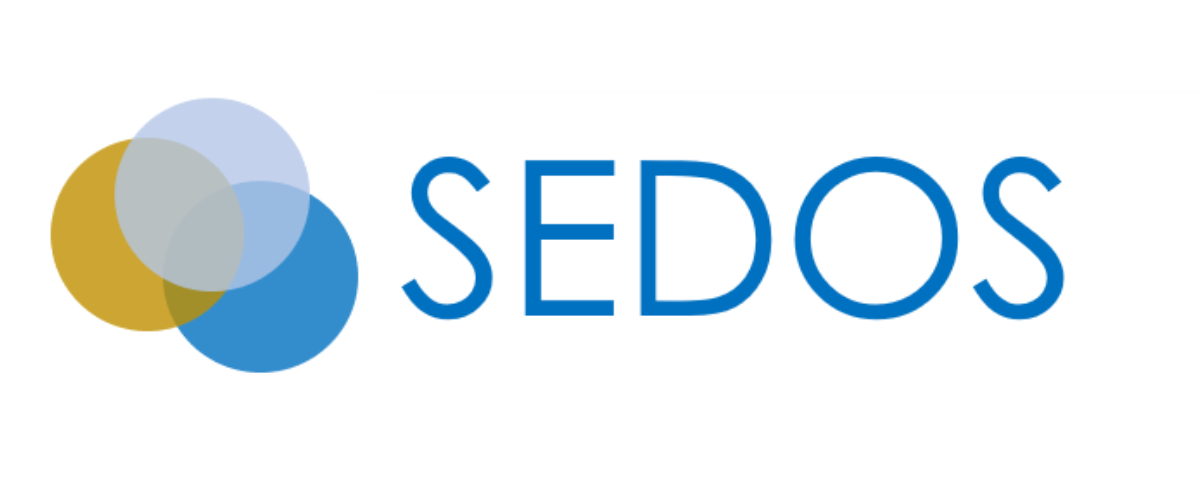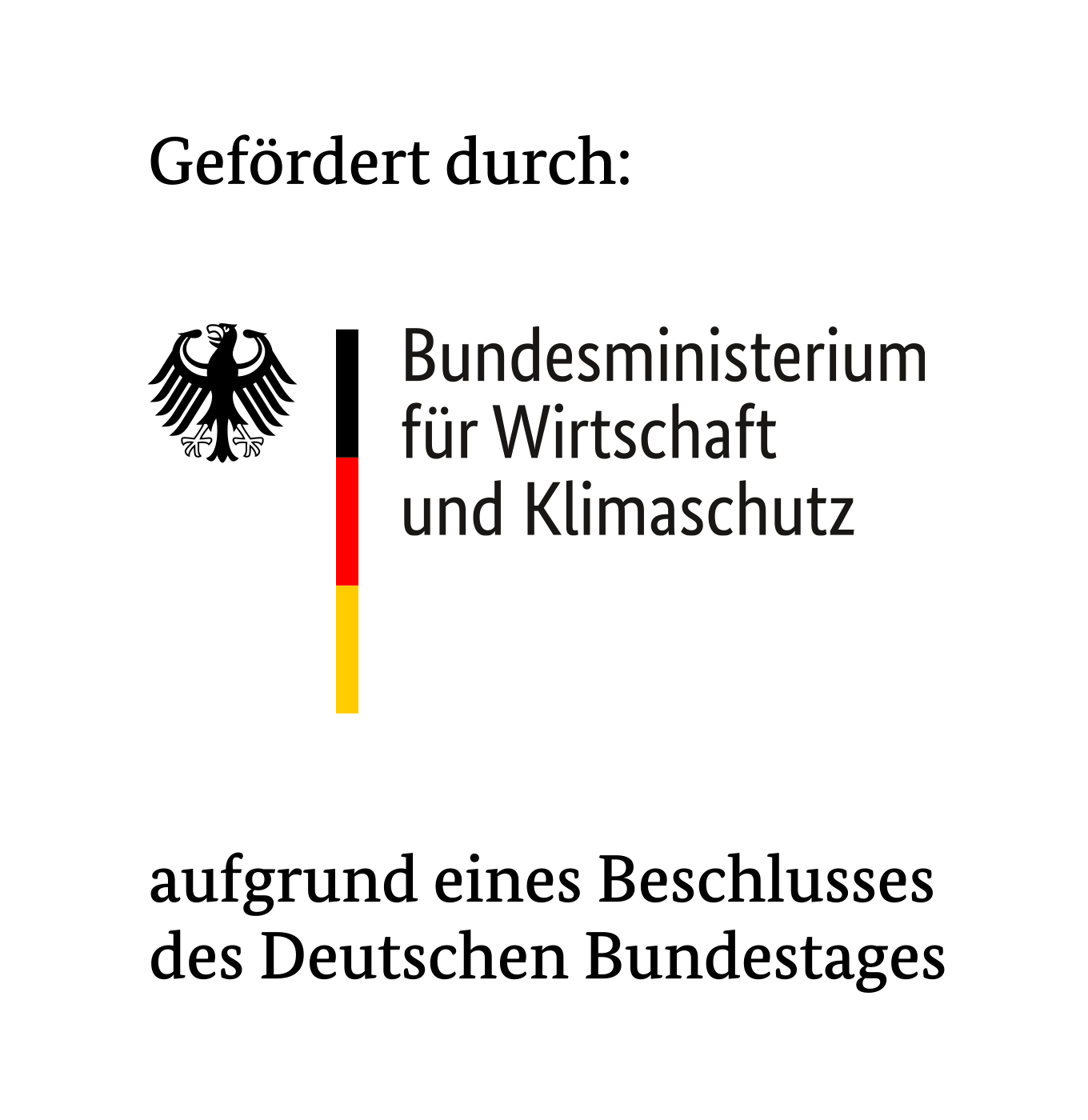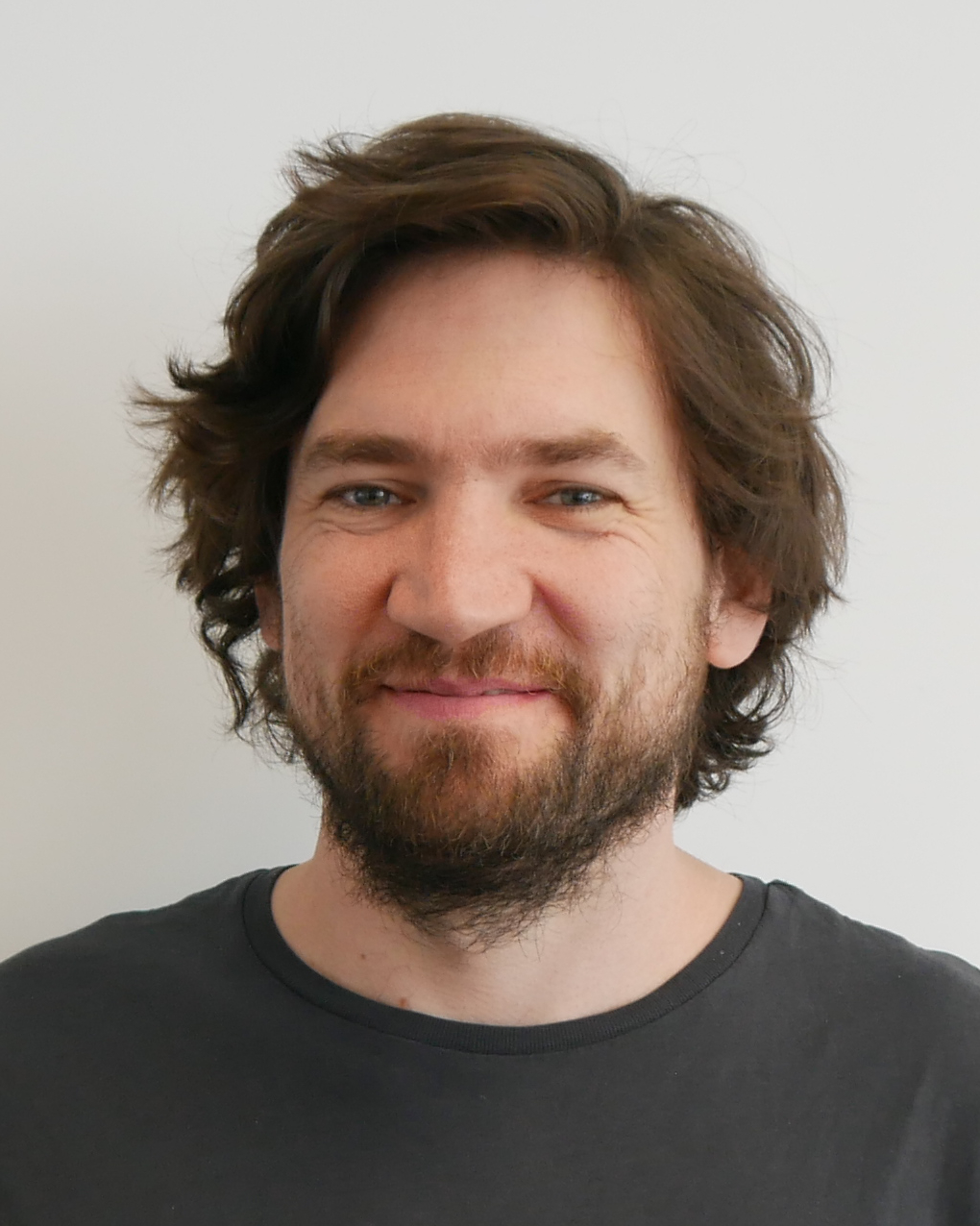
08.-19.8. | Summer School Project C-BEAR+
8. August 2022
HyExpert Chemnitz: Feasibility Study Hydrogen Strategy for the Model Region Chemnitz
18. August 2022SEDOS: Study on the improvement of sector integration in energy system models

The project SEDOS aims to better represent sector integration in energy system models and to create greater comparability of the models by means of open data. Together with partner organizations, RLI researchers are developing a sector-integrated energy system model for Germany and calculating selected scenarios for the transformation of the energy system.
Sector integration is a key concept of the energy transition
Sector coupling or sector integration is a key concept in the energy transition and aims to network various sectors from the energy and industry system. In this project the sectors will be analysed and optimized together from a holistic point of view. The sectors include for example, electricity, heat, transport, industry and Power to X technologies for storing or otherwise using electricity surpluses (PtX). Energy system models must be able to reflect this concept.
Uniform model structure and open reference data
In order to improve the quality of energy system analysis, researchers of RLI develop a uniform model structure with defined interfaces between the sectors and the overall energy system. By using the three frameworks FINE, oemof and TIMES, the project team calculates selected scenarios and develops a sector-integrated energy system model for Germany. An open reference data set of these calculations will be published on the OpenEnergyPlatform (OEP). In addition, the usability of the models and their input and output data will be improved for framework users through a graphical user interface and user-friendly data management.
Project period: January 2022 - December 2024
Sector integration is a key concept of the energy transition
Sector coupling or sector integration is a key concept in the energy transition and aims to network various sectors from the energy and industry system. In this project the sectors will be analysed and optimized together from a holistic point of view. The sectors include for example, electricity, heat, transport, industry and Power to X technologies for storing or otherwise using electricity surpluses (PtX). Energy system models must be able to reflect this concept.
Uniform model structure and open reference data
In order to improve the quality of energy system analysis, researchers of RLI develop a uniform model structure with defined interfaces between the sectors and the overall energy system. By using the three frameworks FINE, oemof and TIMES, the project team calculates selected scenarios and develops a sector-integrated energy system model for Germany. An open reference data set of these calculations will be published on the OpenEnergyPlatform (OEP). In addition, the usability of the models and their input and output data will be improved for framework users through a graphical user interface and user-friendly data management.
Project period: January 2022 - December 2024
The RLI assumes the following tasks:
- Coordination of the data management
- Implementation of the model structure and the reference data set using the Open Energy Modeling Framework (oemof)
- Programming of the graphical user interface (GUI)









